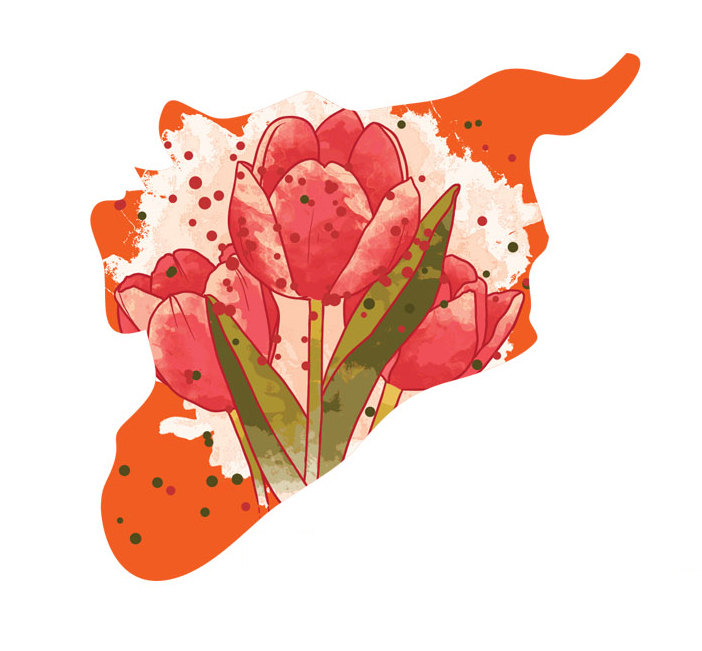Background
Refugee-led community organisations (RCOs) play a crucial role within society and ample research has highlighted this. RCOs provide a bridge support to newly-arrived refugees, facilitating swifter integration by offering basic information on procedures and daily life, provide language and cultural orientation training, support refugees wishing to contribute to lost societies and, generally, assist in the normalisation process of making a host community become home.
They also promote engagement with the wider community and see their role as uniting and strengthening the community, promoting the culture, faith and the language of the community, building confidence and creating an active, healthy community. Many refugees are keen to establish different forms of organisations, with different missions, yet face a number of barriers which often impede the active realisation of strong and effective organisations.
If Europe is to move towards more inclusive, rights-respecting and dignified laws and policies, both internally and externally, refugees must be elevated to the status of equal advocating partners through organised (formal or informal) community organisations and the role of RCOs must be identified as one of the key interlocutors between refugees and host communities.
Project Summary
The main aim of this project is therefore to see a dramatic improvement in the quality of enjoyment of human rights by refugees and is based on the idea of supporting the active inclusion of marginalised, vulnerable or excluded communities. With this, the project seeks to strengthen refugee inclusion by supporting the empowerment of those refugees who want to play an active role in their communities and at the EU level. Through the project, community needs, strengths and trends will be identified, and we will seek to produce an educational package that will tackle these challenges and provide improved skills to overcome them.
Partners






